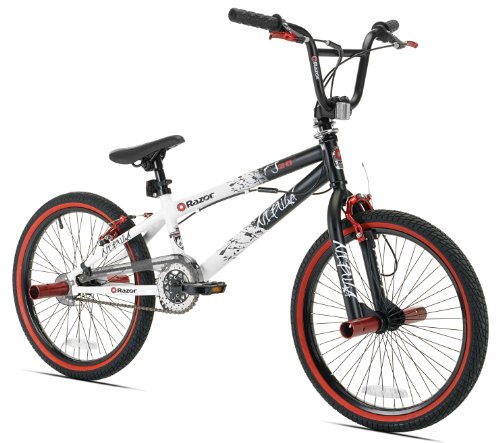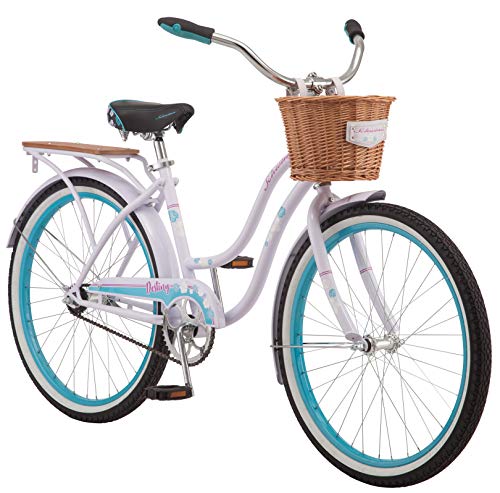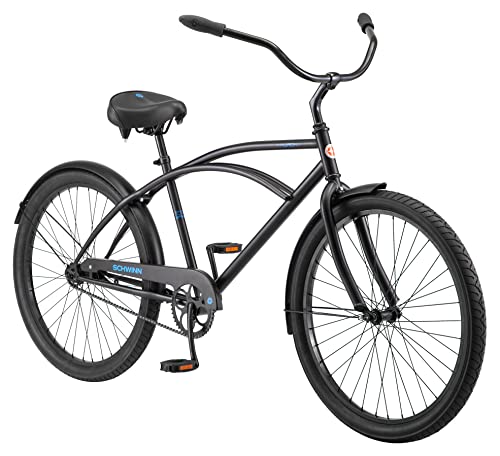yoothgeye
I build stuff.
Cody and I were working on bikes sometime last year and I pulled a really gummed up set of bearings out of a bottom bracket. I threw them into some mystery fluid, something flammable that I thought would loosen up the grease real fast. I swished them around and pulled them out and they were still completely packed, so I put them on the shop floor and got the propane torch and put the flame right on them.
The fluid and old grease caught fire and I kept the heat on as the old grease leaked out onto the pavement. Then I picked them up with a screwdriver and tossed them back into the cleaner, which quenched them quickly.
I them removed them from that, wiped them with a shop rag and they looked like new.
Since then I have used this method many times on BB bearings and headset bearings to remove all the old grease from the bearing cages. I always just use the propane torch (used for plumbing) and never heat the bearings red hot. I always quench the heat in something oil based.
So, besides health, environmental, and safety issues (fumes, burns, etc...) would you say this is a "How To" or a "Don't Do"?
I haven't had any issues with bearings I've done this with. It works fast.
Side note of warning, when I was a kid I was playing with a torch "chasing" some fallen solder around the garage floor and dad warned me not to heat concrete in one place too long or it might "pop."
The fluid and old grease caught fire and I kept the heat on as the old grease leaked out onto the pavement. Then I picked them up with a screwdriver and tossed them back into the cleaner, which quenched them quickly.
I them removed them from that, wiped them with a shop rag and they looked like new.
Since then I have used this method many times on BB bearings and headset bearings to remove all the old grease from the bearing cages. I always just use the propane torch (used for plumbing) and never heat the bearings red hot. I always quench the heat in something oil based.
So, besides health, environmental, and safety issues (fumes, burns, etc...) would you say this is a "How To" or a "Don't Do"?
I haven't had any issues with bearings I've done this with. It works fast.
Side note of warning, when I was a kid I was playing with a torch "chasing" some fallen solder around the garage floor and dad warned me not to heat concrete in one place too long or it might "pop."




















































